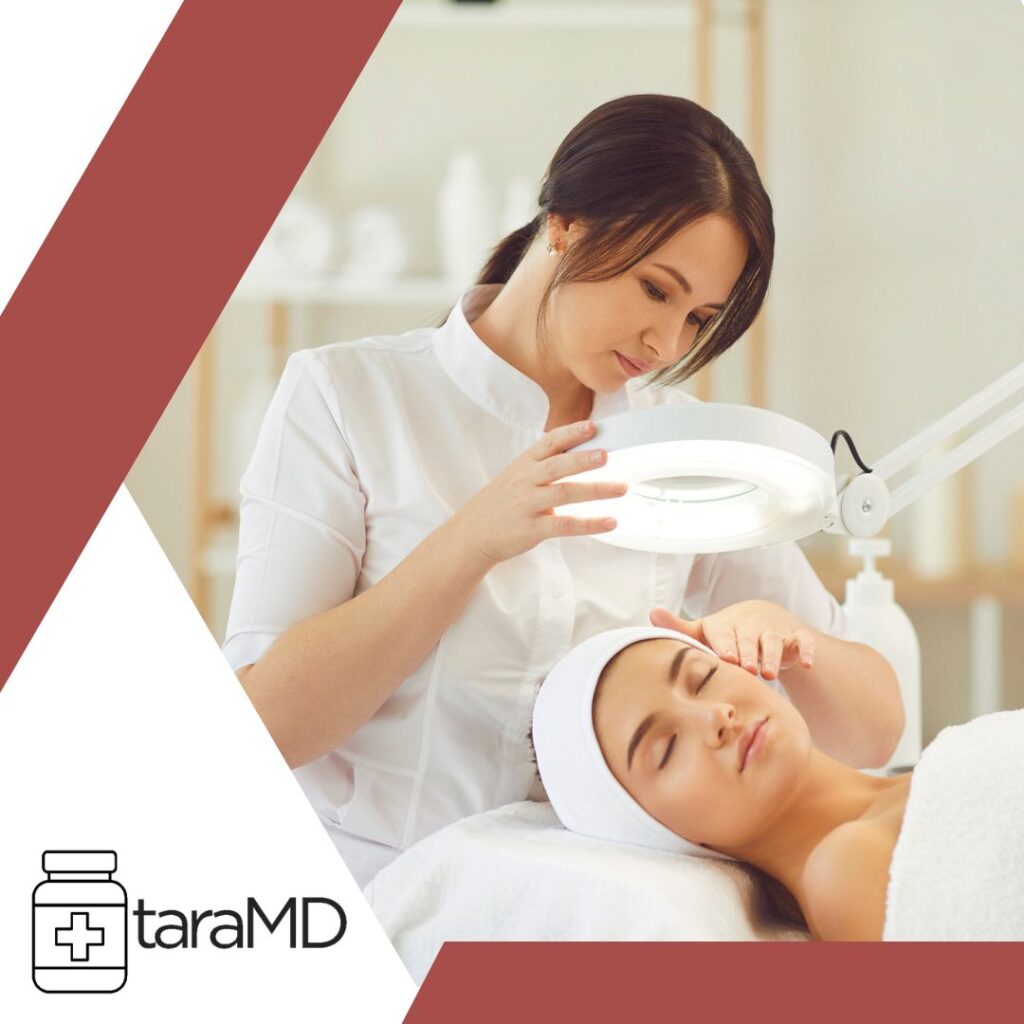Acne is one of the most common skin conditions, affecting people of all ages, from teenagers to adults. While many people try over-the-counter products in an attempt to clear their skin, acne can often be more complicated than a simple pimple or blemish. For persistent or severe cases, visiting a dermatologist can be the best way to address the problem and find a long-term solution. In this article, we’ll explore how a dermatologist can help with acne treatment and why professional care is often the key to achieving clearer skin.
1. Accurate Diagnosis of Acne Type
Not all acne is the same, and a dermatologist is trained to identify the specific type of acne you’re dealing with. Acne can manifest in different forms, such as blackheads, whiteheads, cysts, or pustules, and each type requires a unique approach to treatment. A dermatologist can assess your skin, understand your medical history, and determine if your acne is caused by hormones, genetics, or external factors like stress or diet. With this understanding, they can tailor a treatment plan that best fits your needs.
2. Prescription Medications for Severe Acne
For those who have struggled with over-the-counter treatments with little success, a dermatologist can offer prescription-strength medications. These may include topical treatments like retinoids, which help unclog pores and reduce inflammation, or oral medications like antibiotics, which target the bacteria responsible for acne. In cases of hormonal acne, dermatologists may prescribe birth control pills or anti-androgens to regulate hormones and reduce breakouts. These prescription options often deliver more powerful and faster results compared to non-prescription alternatives.
3. Professional Acne Treatments
Dermatologists also offer in-office treatments that can significantly improve acne. One common procedure is chemical peels, which involve applying a solution to your skin that removes dead skin cells and unclogs pores. This can help reduce the appearance of acne scars and improve skin texture. Laser treatments are another option that can help target acne-causing bacteria and reduce inflammation in the skin. Depending on the severity of your acne, a dermatologist can recommend the right professional treatment to complement your skincare routine.
4. Acne Scar Treatment
Even after your acne clears up, scars and dark spots can remain, making it feel like the battle isn’t quite over. A dermatologist can help address these concerns by offering treatments like microneedling, which stimulates collagen production to improve the appearance of scars, or laser resurfacing, which targets the damaged layers of skin. These treatments can improve skin texture, reduce discoloration, and restore a more even skin tone.
5. Personalized Skincare Advice
Beyond prescribing medications or treatments, a dermatologist can provide tailored advice on maintaining healthy skin to prevent future breakouts. For example, they can recommend specific products that suit your skin type, whether it’s oily, dry, or sensitive. They might also offer guidance on how to avoid triggers such as certain foods, makeup, or lifestyle habits that could be contributing to acne flare-ups. A dermatologist’s guidance ensures that you’re using the most effective products and practices for your skin’s needs.
Clear Skin is Possible with Professional Help
Acne can be frustrating, but with the help of a dermatologist, it’s entirely possible to regain clear and healthy skin. From accurate diagnoses to personalized treatments and professional procedures, a dermatologist can provide the expertise and resources necessary to address even the most stubborn acne. If you’ve struggled with acne or are looking for a more effective treatment plan, consider visiting a dermatologist today. Clear skin is within reach, and professional care is often the best way to get there.
Read more:

